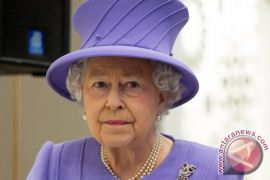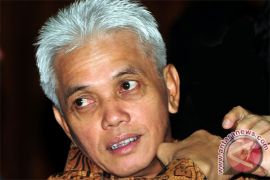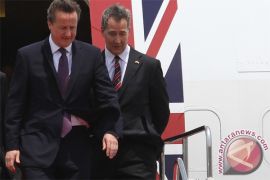The announcement added detail to the broad figures outlined by finance minister George Osborne in last October`s spending review.
The size of Britain`s armed forces will be reduced by 17,000 personnel by 2015 and will be partly achieved by slowing down recruitment.
"There will be scope for individuals to volunteer to be considered for redundancy and where possible we will meet our manpower target through volunteers," Defence Secretary Liam Fox said in a statement.
"But some difficult choices are sadly inevitable," he added.
The cuts are likely to affect front-line troops in Afghanistan, where Britain has around 9,500 personnel, making it the second-largest contributor after the United States to the NATO-led International Security Assistance Force.
According to the Telegraph newspaper, ministers informed the army that no troops who were serving in Afghanistan when the redundancies began in September would be sacked.
However, that means that almost all personnel now in the war-torn country are eligible for redundancy as they are due home before the September cut-off point.
Brigadier Richard Nugee, of the army`s personnel section, told the paper that "messages will be sent to commanding officers."
"They will brief the individuals who are in those fields, whether they are in Afghanistan or whether they are elsewhere in the world," he added.
Military leaders expressed fears that the cuts could affect the performance of front-line staff.
"Of course the threat of redundancy will affect morale on the front line. How could it not?" Colonel Douglas Young, the executive chairman of the British Armed Forces Federation, told the paper.
"Servicemen and women in Afghanistan or the Mediterranean theatres will continue to perform professionally, as they always do. But redundancy has to be a distraction," he added.
The Ministry of Defence (MoD) also admitted that any RAF staff currently serving in Afghanistan could face losing their job on September 1 if they have returned home and taken all their leave, the Guardian newspaper reported.
Osborne announced in October that the government would cut defence spending by eight percent in real terms over the next four years as it looks to rein in a deficit which is running at around 10 percent of GDP.(*)
Editor: Jafar M Sidik
Copyright © ANTARA 2011






